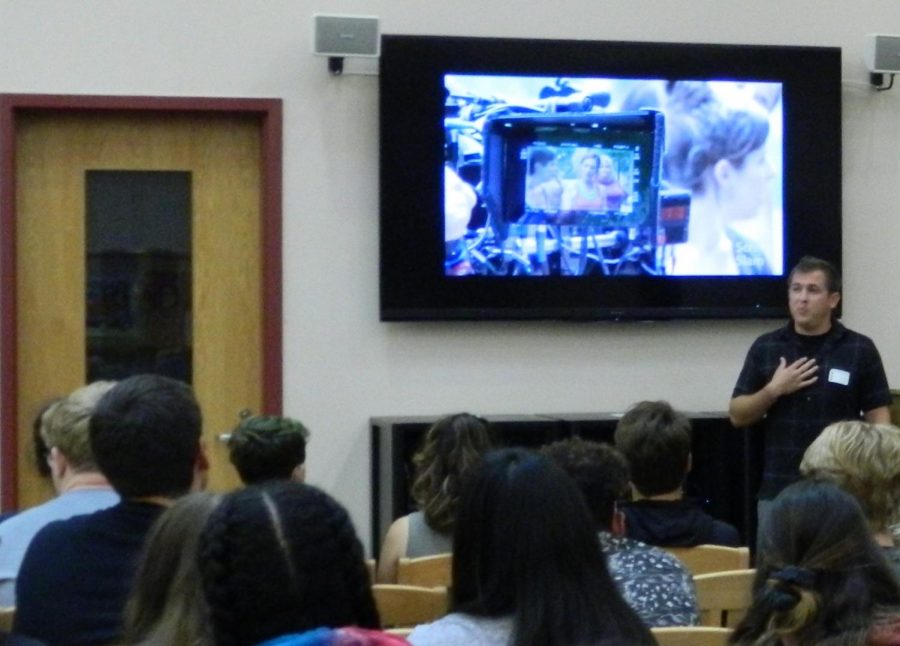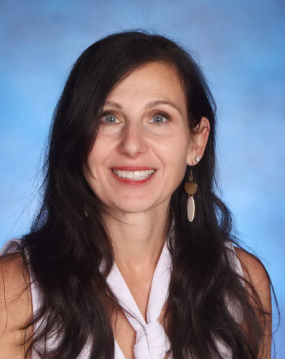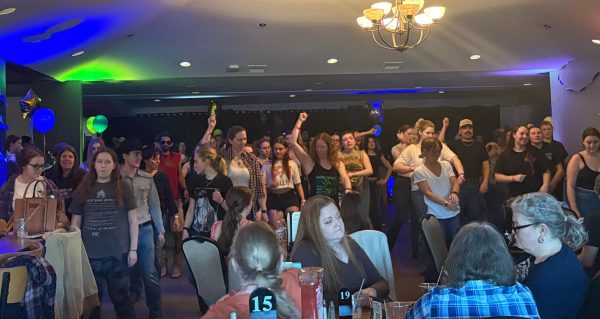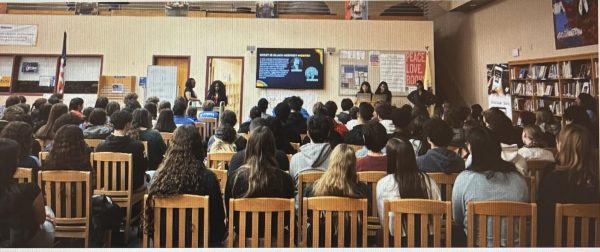Film Insider Takes Students Behind the Scenes
Film students got an insider’s view when one of Film Design teacher Richard Patricia’s former pupils, Kristopher Gordon, came in mid-September to talk to Film Design students what it is like to work in the film industry.
Back in high school, Gordon knew that he wanted to have a career in entertainment. Originally, he thought that he wanted to be an actor, but realized it wasn’t for him. Gordon then found a passion for filmmaking and has stuck with it ever since.
Currently working as a freelance gaffer, also known as a lighting electrician, Gordon has worked on well-known movies and TV shows such as Avengers: Infinity War, Fantastic Four (2015), Pitch Perfect 2, and The Walking Dead, among others. Gordon stressed the importance of collaborating with others on set.
“No film can get done by itself. Everybody needs everybody in order to make the best possible film,” he said.
Following his introduction, Gordon opened his presentation up to a question and answer session with the audience.
Students asked questions about the different actors and actresses that he has worked with on set, such as Robert Downey Jr., Chris Pratt, Anna Kendrick, Rebel Wilson, and Andrew Lincoln.
“People tend to forget that actors are people, too. In reality, they are normal, just like you and me,” Gordon said. Others asked about how exhaustive it is to film scenes.
Gordon revealed the number of hours that a crew member works on average is from 14 to 16 hours a day, which makes lack of sleep a common trend on film sets. However, each crew member gets paid about $300 a day for the amount of work that they put in, depending on how well the film performs at the box office.
Some students asked how much time a film or television production spends in the planning stage.
“The amount of time that you spend in pre-production is what makes or breaks a film,” Gordon said. “The more you do in pre-production the more prepared you are for shooting scenes and the less time you waste trying to make up for it.”
Gordon closed the presentation with a final piece of advice.
“What it really boils down to is connections. Your connections get you your next job,” he said. “The more friends and connections you make in the industry, the better.”





